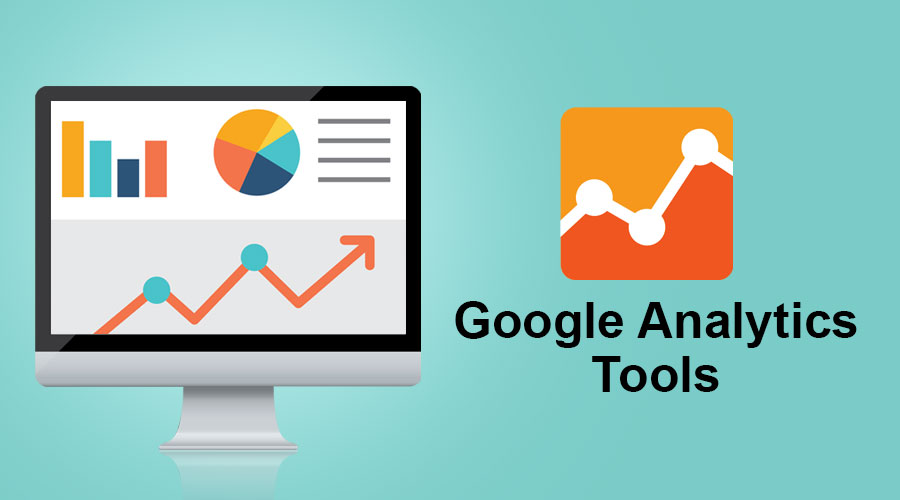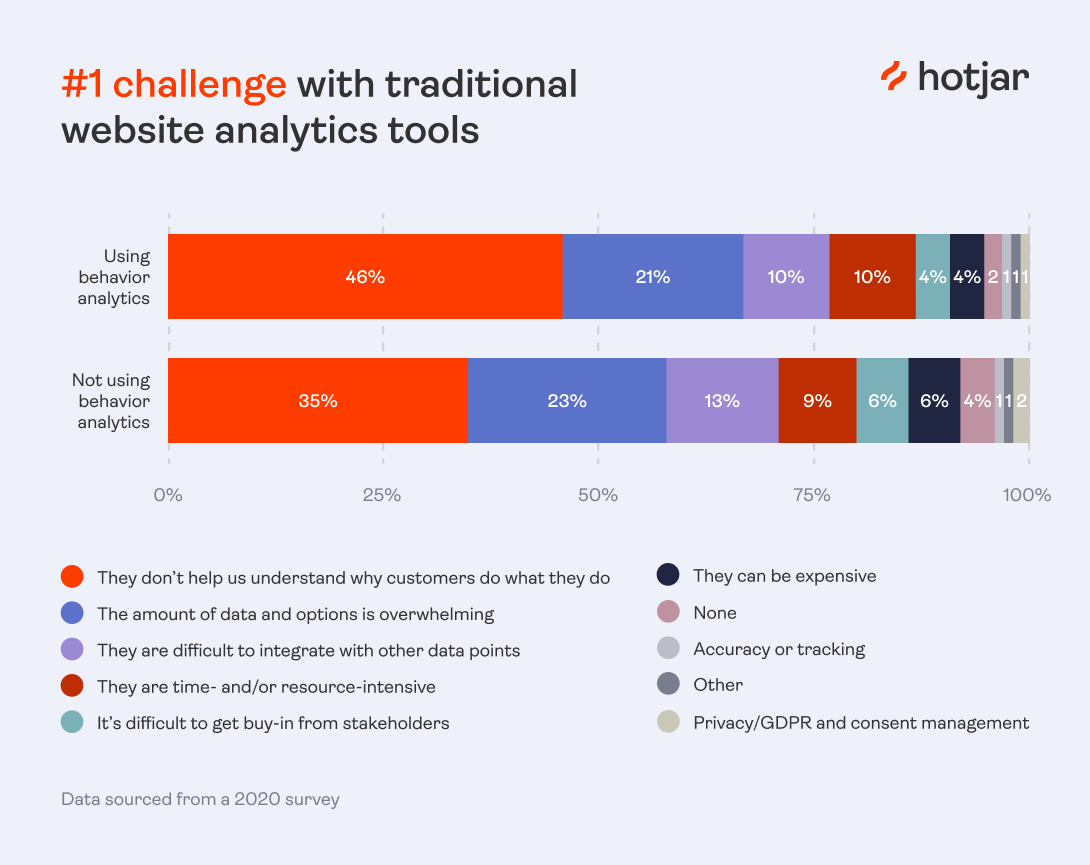Enhance Organization Processes Utilizing Detailed Analytics Records
Enhance Organization Processes Utilizing Detailed Analytics Records
Blog Article
Take Full Advantage Of Growth: How Analytics Drive Better Techniques
In today's data-driven landscape, organizations increasingly recognize the essential role of analytics in shaping effective growth strategies. By harnessing data understandings, companies can improve their functional strategies, expect market modifications, and boost customer engagement. The obstacle exists not just in accumulating data yet in successfully translating it to drive concrete results. As we explore the essential advantages and methods related to analytics, a vital concern arises: just how can companies guarantee they are leveraging these understandings to unlock their complete capacity? The response might redefine the future of strategic preparation.
Recognizing Data Analytics
Data analytics is an organized computational analysis of data that allows organizations to discover significant patterns and insights. This procedure includes a selection of techniques, consisting of analytical evaluation, anticipating modeling, and data mining, which collectively intend to change raw information right into actionable details - Analytics. By employing these methods, companies can make informed decisions that are rooted in empirical evidence instead than intuition alone
The structure of information analytics lies in its capacity to deal with vast amounts of information from diverse sources. This consists of structured information, such as data sources, and disorganized information, consisting of social media communications and consumer comments. With making use of specialized software application and devices, analysts can remove and refine this information efficiently, determining fads and correlations that might not be promptly evident.
Comprehending data analytics likewise includes acknowledging the value of information high quality and integrity. Trustworthy and accurate data is critical for meaningful analysis; therefore, organizations must apply durable information administration practices. The iterative nature of analytics allows for continual refinement and improvement of approaches, guaranteeing that organizations stay nimble in the face of transforming market dynamics and consumer behavior.
Trick Advantages of Analytics

Among the key benefits of analytics is its ability to give actionable insights. Organizations can quickly examine huge amounts of data, discovering patterns that might not be quickly obvious. This aids in preparing for market shifts and adapting techniques as necessary. In addition, analytics promotes a culture of evidence-based decision-making, lowering dependence on instinct and uncertainty.
An additional substantial advantage is boosted customer understanding. Analytics tools enable services to section their audience, track customer behavior, and personalize marketing initiatives. This targeted technique not only boosts consumer interaction yet additionally drives higher conversion rates.

Implementing Analytics Strategies
To completely recognize the advantages of analytics, companies must take on structured approaches for application. This starts with plainly defining objectives that straighten with wider business goals. By developing certain, measurable end results, companies can focus their analytics efforts on areas that yield the highest return on investment.
Following, companies should focus on data administration to make sure the stability and safety of the data being assessed. This entails setting up procedures for data collection, storage space, and gain access to while sticking to appropriate guidelines. Making sure high-quality information is vital for producing significant understandings.
In addition, fostering a culture of data-driven decision-making is necessary. This requires training staff members to analyze analytics searchings for and motivating collaboration throughout departments. They are much more likely to integrate understandings right into their daily procedures. when teams comprehend the value of analytics.
Lastly, companies should on a regular basis evaluate and refine their analytics methods. The landscape of information and innovation is continually advancing, and remaining versatile will enable organizations to utilize new devices and approaches effectively. By implementing these organized approaches, organizations can make best use of the impact of their analytics campaigns and drive sustainable growth.
Devices for Efficient Evaluation
Efficient evaluation depends on a selection of tools that promote the removal of insights from data - Analytics. These devices can range from basic spreadsheet applications to advanced device discovering systems, each serving an one-of-a-kind purpose in the logical procedure
Information visualization software, such as Tableau and Power BI, plays a crucial role in changing intricate datasets into easy to understand graphical representations. These tools enable experts to determine fads and patterns quickly, allowing for more enlightened decision-making.
Analytical evaluation software, like R and SAS, provides innovative capacities for carrying out comprehensive evaluations, including regression, hypothesis screening, and anticipating modeling - Analytics. These functions empower organizations to attract significant final thoughts from their data, recognizing possible opportunities and risks
Furthermore, data source management systems such as SQL and NoSQL data sources supply the necessary framework for storing and quizing big quantities of data effectively. They make sure that data is arranged and obtainable for analysis.
Lastly, business knowledge platforms incorporate different data sources, giving a thorough sight of organizational efficiency. By making use of these tools properly, services can improve their analytical abilities, allowing them to develop strategies that maximize growth and enhance overall performance.
Study of Success
Successful organizations frequently leverage information analytics to drive impactful approaches, as evidenced by numerous remarkable case research studies. One popular example is Netflix, which makes use of sophisticated algorithms to evaluate audience preferences and habits. By employing these insights, Netflix has actually effectively tailored its content referrals, causing boosted customer interaction and client retention. Their data-driven method has undoubtedly added to their condition as a leading streaming service.

Additionally, Starbucks employs data analytics to identify ideal shop areas and refine its product offerings. By analyzing consumer demographics and purchasing patterns, Starbucks efficiently determines high-potential markets and tailors its food selection to neighborhood tastes, driving sales and customer commitment.
These study show that reliable application of information analytics can lead to strategic benefits, promoting technology and growth within organizations throughout different markets.
Final Thought
In final thought, the assimilation of analytics into organizational methods significantly enhances decision-making procedures and fosters sustainable growth. The efficient implementation of analytics devices further supports dexterity and innovation, enabling companies to navigate affordable landscapes with higher precision.
Data analytics is an organized computational evaluation of data that enables companies to discover meaningful patterns and insights.Comprehending information analytics additionally entails acknowledging the significance of data quality and integrity. Reputable and precise information is essential for significant evaluation; therefore, organizations have to more apply robust data governance practices.Next, companies must focus on information governance to guarantee the stability and safety of the data being analyzed.Effective companies frequently utilize information analytics to drive impactful techniques, as confirmed by numerous significant situation researches.
Report this page